Alphabet Recognition Extra Challenge Worksheets for Ages 4-9
6 filtered results
-
From - To
Unlock your child's potential with our Alphabet Recognition Extra Challenge Worksheets designed for ages 4-9! These engaging, printable activities elevate traditional learning by incorporating fun and creativity, helping young learners master their ABCs through exciting challenges. Each worksheet emphasizes letter shapes, sounds, and recognition with vibrant illustrations and stimulating exercises to sustain interest. Perfect for classroom settings or at-home practice, our resources promote fine motor skills and cognitive development. Watch as your child gains confidence and fluency in the alphabet, making early literacy enjoyable. Explore our diverse collection today and inspire a lifelong love of learning!


Letter A Tracing Page
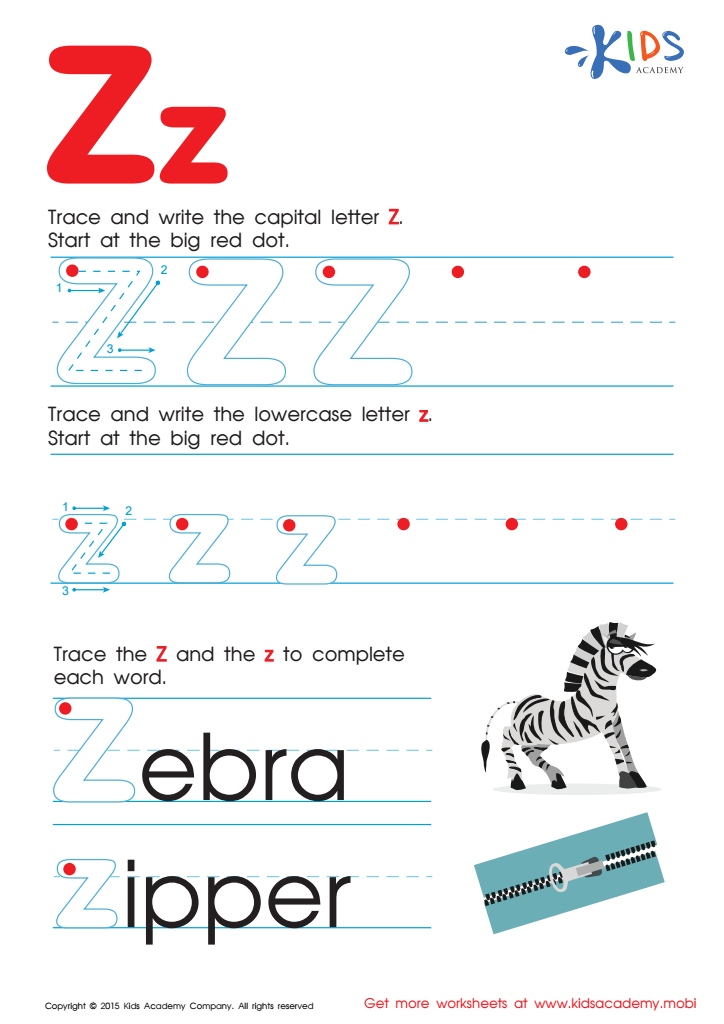

Letter Z Tracing Page
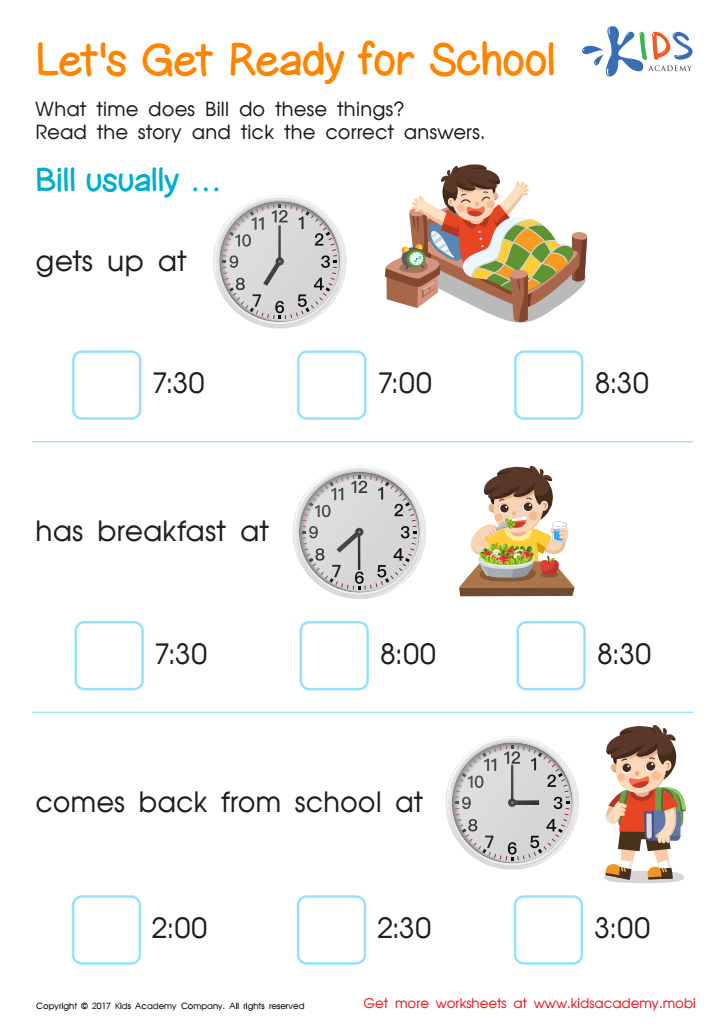

Lets Get Ready For School Time Printable
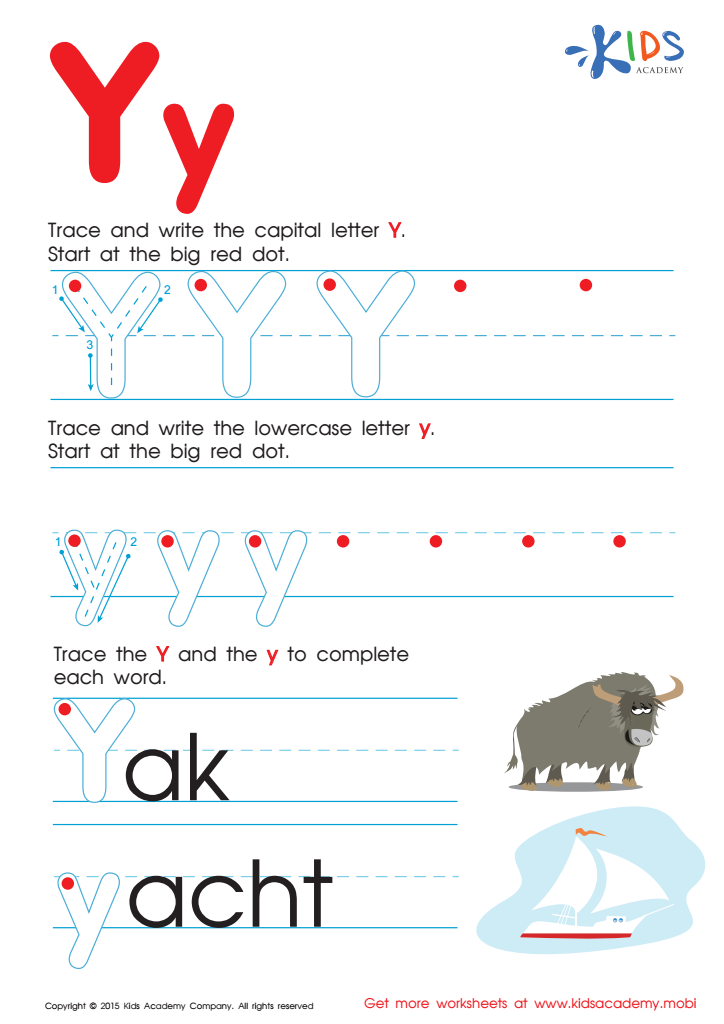

Letter Y Tracing Page
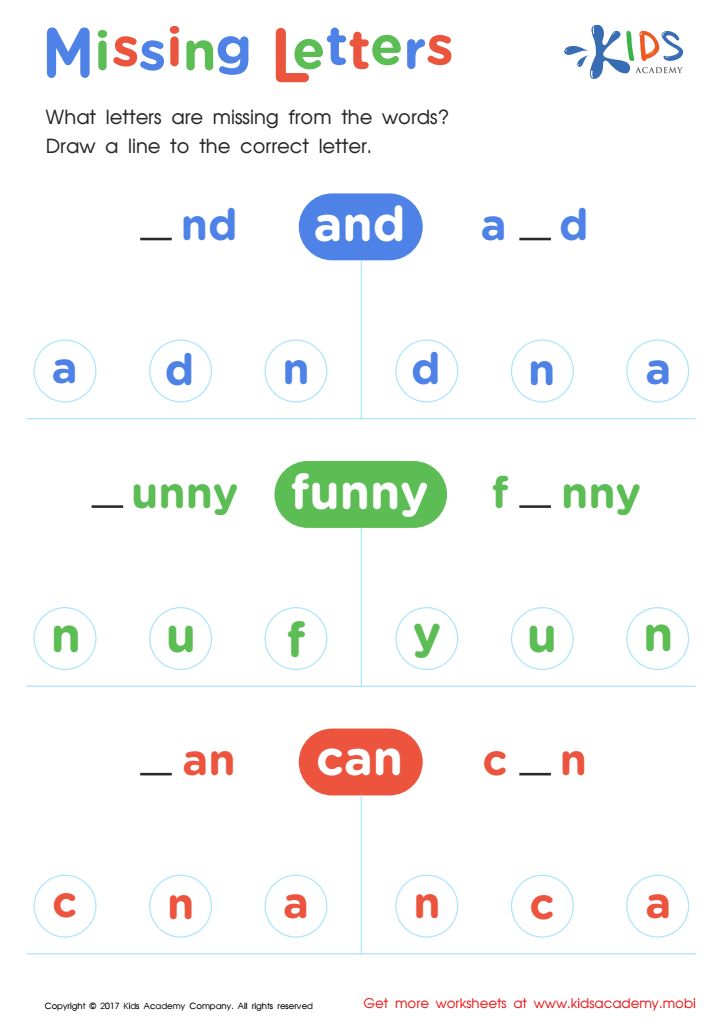

Missing Letters Worksheet
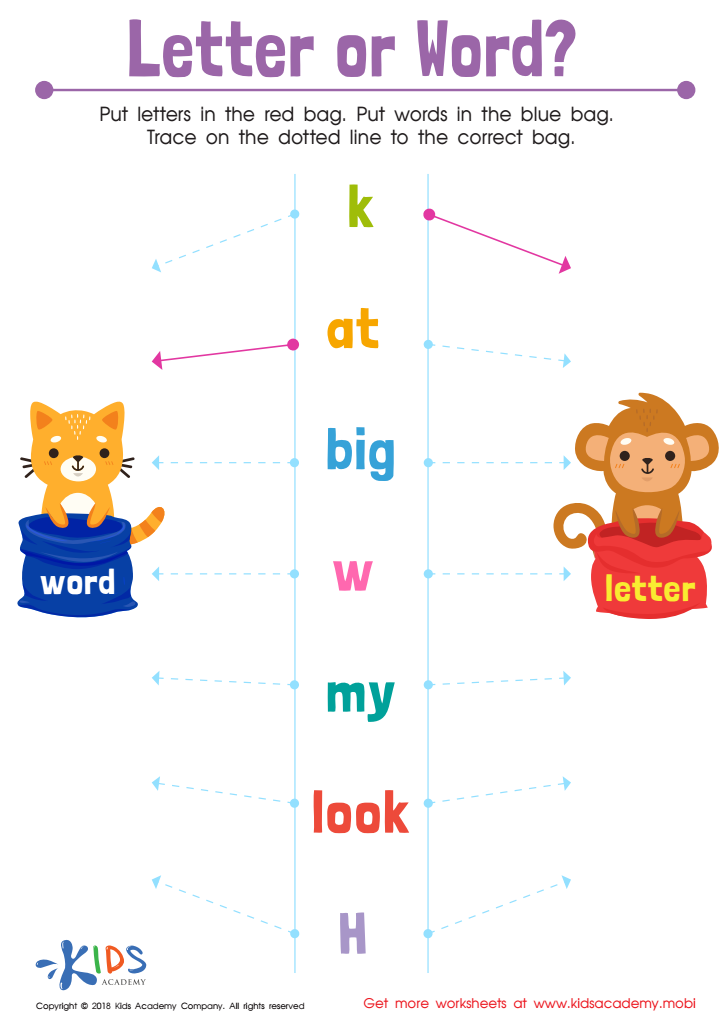

Letter or Word? Worksheet
Alphabet recognition is a fundamental building block for literacy and communication skills in children aged 4-9. Parents and teachers should care about the Alphabet Recognition Extra Challenge because it goes beyond basic alphabet knowledge, promoting deeper cognitive engagement with letters. This targeted approach helps children not only recognize letters but also understand their sounds, shapes, and uses in words.
Early mastery of the alphabet is crucial for reading readiness, influencing children's confidence and motivation in learning. The Extra Challenge encourages active participation through fun activities, games, and creative assignments. This engagement helps address diverse learning styles, ensuring that every child can thrive. Additionally, fostering these skills early lays the groundwork for future academic success, as reading is integral to all areas of study.
For parents, support at home complements classroom efforts, reinforcing learning and showing children that education is a priority. Teachers benefit from having motivated students who are better prepared for advanced literacy tasks. By focusing on alphabet recognition now, we empower young learners with the skills they need to become proficient readers, critical thinkers, and lifelong learners, ultimately benefiting their overall development and future opportunities.
 Assign to My Students
Assign to My Students














